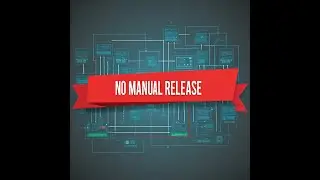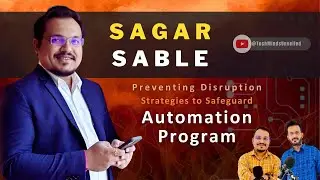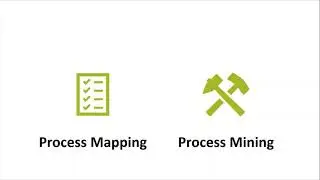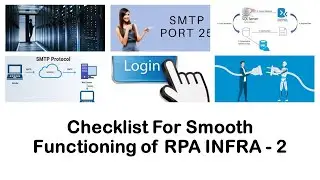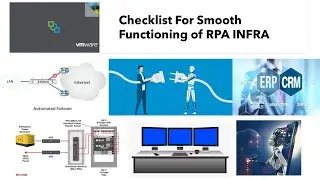Conversation Unplugged with Solution Architect - Aditya Rikame
A solution architect plays a crucial role in process automation as they are responsible for designing and implementing effective solutions that automate business processes. Their main objective is to improve efficiency, reduce costs, and enhance productivity through the use of technology.
One of the key responsibilities of a solution architect in process automation is to gather requirements from different stakeholders, such as business analysts, project managers, and end-users. They work closely with these stakeholders to understand their needs and objectives, and then translate those requirements into technical specifications.
Once the requirements are gathered, the solution architect designs the overall architecture of the solution. They examine existing systems, databases, and infrastructure to identify where automation can be implemented and where improvements can be made. They also evaluate different automation tools and technologies to determine the best fit for the organization.
After the architecture is designed, the solution architect works with development teams to implement the solution. They provide guidance and ensure that the solution is developed according to the specifications and meets the business requirements. They also conduct regular reviews and tests to identify any issues or areas for improvement.
In addition to implementation, a solution architect is responsible for overseeing the integration of the automated processes with existing systems and applications. They ensure that the automation solution seamlessly integrates with other systems to facilitate smooth data transfer and process flow.
Furthermore, a solution architect plays a crucial role in managing and optimizing the automated processes. They monitor the performance of the solution, identify bottlenecks or areas of inefficiency, and propose enhancements or refinements to improve the overall performance and effectiveness.
Communication and collaboration skills are also essential for a solution architect in process automation. They need to effectively communicate with stakeholders, project teams, and end-users to ensure that everyone is aligned and working towards the same goals. They also collaborate with other IT teams and departments to ensure the successful implementation and integration of the automation solution.
In summary, a solution architect in process automation is responsible for designing and implementing efficient solutions that automate business processes. They gather requirements, design the architecture, oversee implementation, integrate with existing systems, manage and optimize the processes, and collaborate with various stakeholders. They play a crucial role in improving efficiency, reducing costs, and enhancing productivity through the use of technology.








